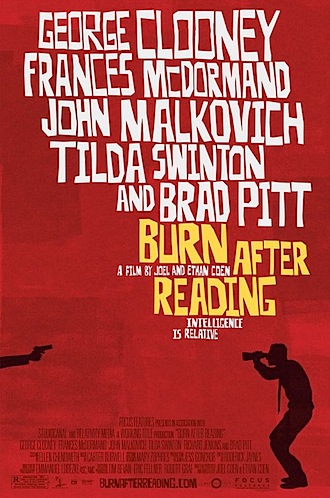The main problem I have reviewing Rian Johnson’s Looper is that the most interesting discussion about the film can only be had with others who have seen it. The film…
Read More

Oh, what kind of year is 2008 that has two Coen Brothers films within it? In February I was swooning over No Country for Old Men and now, just a…
Read More
Forgetting Sarah Marshall is an ideal post-Festival palate cleanser: a saucy comedy fresh off the Judd Apatow production line (The 40 Year Old Virgin, Knocked Up). Here he gives the…
Read More
This week's Capital Times film review, illustrated and uncut: The Wind That Shakes the Barley (Ken Loach); Fast Food Nation (Richard Linklater); Friends With Money (Nicole Holofcener); The Grudge 2…
Read More
